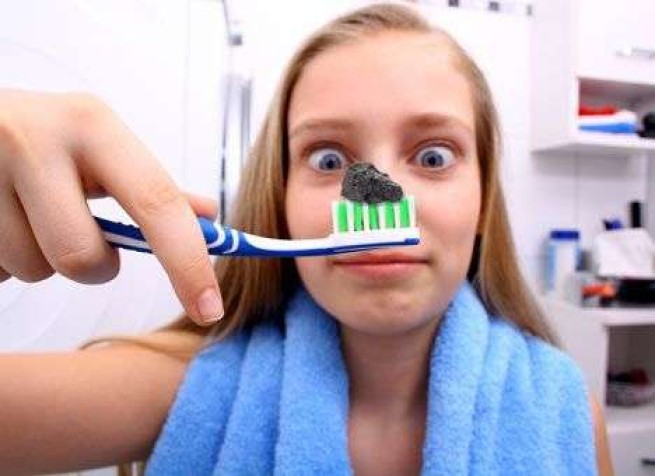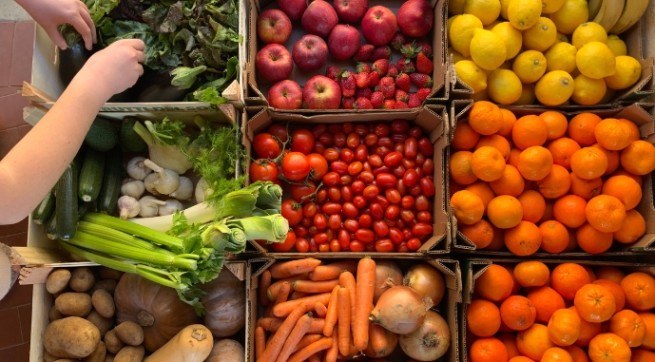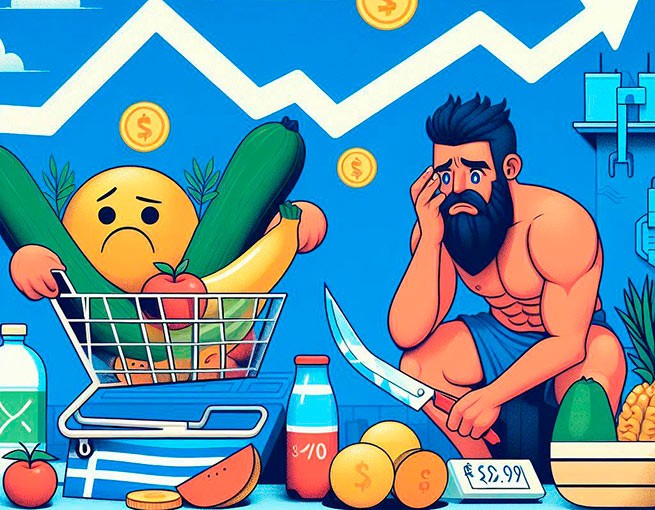Image created by AI DALL·E 3
Increased spending on basic needs such as food, household bills and heating, due to inflationand on the other hand, cutting back on spending on less necessary things such as entertainment, travel and purchasing clothes, shoes, furniture, etc., are the dominant trends in Greek consumer behavior under price pressure.
Data from FHW’s 2023 annual survey is revealing, showing that 73.6% of households increased their spending on food, 71.5% on rent, and 57.2% on heating. These are essentially fixed and inelastic costs that have risen due to inflationary pressures over the past two years.
On the other hand, almost every second household (49.6%) reduced their spending on outings and entertainment (restaurants, cafes, cinema, etc.). Almost the same number (49%) began to spend less on travel, 41.5% reduced spending on clothing, and 38.9% on household goods, furniture, and electrical appliances. At the same time, nearly 7 in 10 households (66.8%) say they have to cut spending or are unable to cover even their basic needs.
In a four-year comparison, the study shows that changes in consumer spending that began with great intensity in 2020 due to the pandemic (e.g. restrictions on travel, shopping, outings) have continued in the last two years, this time due to inflationary pressure. The significant changes that have occurred are reflected more clearly when data for 2023 is compared with the consumption trends that prevailed in 2019.

Rising food prices appear to be the biggest hit to the disposable income of the vast majority of Greek households. Specifically, more than 7 in 10 (72.7%) said rising food prices affected them the most, so much so that they were forced to cut back on other spending. This is followed by prices for electricity (52.3%), gasoline (26.1%) and heating oil (20%).
At the same time, indicators related to delays in meeting basic needs, such as visiting a doctor (39.7% of households), paying for electricity (26.2%), heating bills (21.8%), paying for care services children/day care etc. remain high. At the same time, the percentage of those able to save money remains low, with more than 8 in 10 households (84.8%) saying they are unable to save money.







More Stories
Greece is at the bottom of the EU in information and communication technologies
Real wages in Greece fell by 30%
ELSTAT: inflation increased by another 3.2% in March